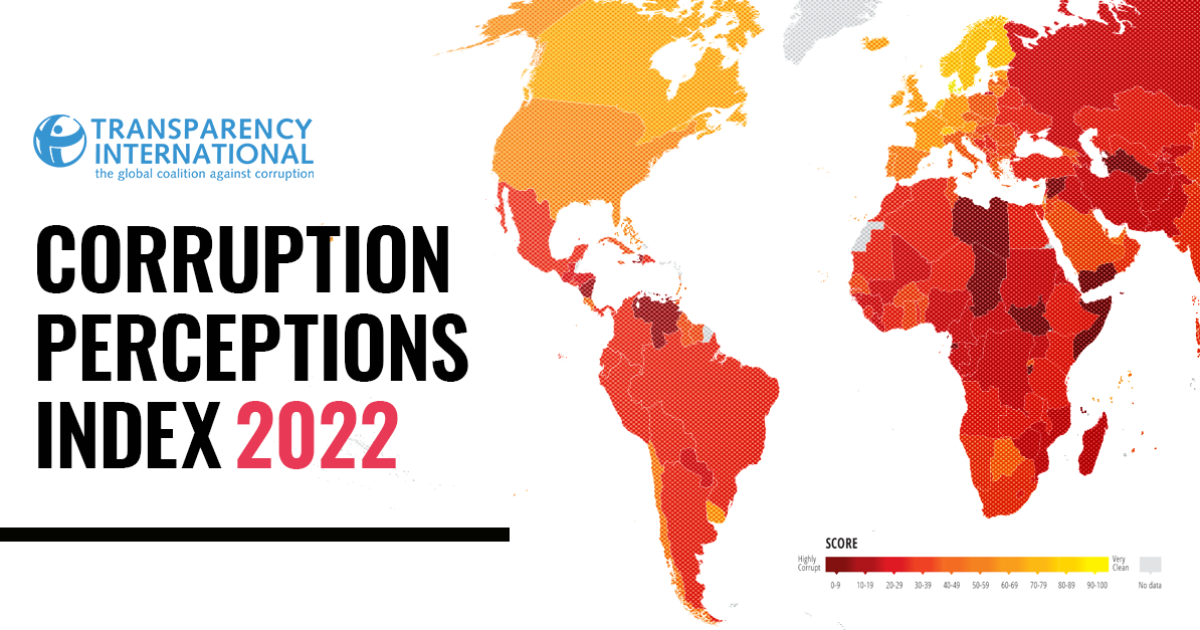Is Relocation from China due to business or politics?
Foreign companies have used low-cost country sourcing strategies for decades with a strong focus on China. In the past years, we’ve seen a new trend where increasingly more companies look for alternative sourcing markets in Asia. In this article, we explore why this move is happening, specific...

arc-group.com
Moreover, manufacturers around the world still depend a lot on Chinese raw materials and semi-final products. For example, clothing producers from Vietnam and Bangladesh must import most of their fabrics and threads from China; European manufacturers of cars must import wiring from China. This ecosystem makes China dominant in global manufacturing.
Trillora Packaging Solutions, formerly Billerud Managed Packaging, offers customized packaging solutions to global brands and retail chains.

www.billerud.com
Brands are not abandoning Chinese manufacturing altogether, but diversifying their supply chains.
I put this two assessments from consulting firm that often being use by manufacturer for assessing their supply chain management. I put assessments from consultant not from media even financial-business specific media, to give more assessments from business people.
Assessments on this shown even tough many global OEM are relocating from China, but it is also not means they're decoupling from China. Yes political tensions matter, but in the end Business decisions that matters. Experience due to China draconian COVID policy is matter more for business decisions to reduce their dependence on China supply chain, rather then Biden (or previously Trump) policy.
China become Global Manufacturer is not because simply low wages (as many Westerners and Western media believes). They become the global manufacturer because combination of Labor Productivity, Strong Infrastructure, Easy Access to Financial Markets, and Supportive Bureaucracy. This enable them to build complete supply chain ecosystem in one big market that call Greater China.
Relocation is not as simple as many Western Politicians call. Even India is still far from building complete supply chain ecosystem like China did, and many doubt they'll ever can. Let alone the ASEAN 5 (Vietnam, Indonesia, Malaysia, Thailand and Philippines), or even Mexico and Bangladesh. Those are countries that touted as target for most relocation.
What happens more is that those countries will increase their share on Global Supply Chain, but doesn't means it can (so far) decoupling from China. Vietnam for example getting the largest share of relocation because it has land border with China. This make transportation from China of components needed for final assembly in Vietnam, easier and cheaper to transport.
The relocation also being done by Chinese OEM, and yes at this moment China own OEM become increasingly larger players on Global market. Some can't easily to relocate tough. Those who works on manufacturing larger and more complex engines or more cutting edge tech, will be harder to move on toward those relocation countries.
For four decades, China rise as Global Manufacturer also play on both sides. Politicians in West now say Western business should not easily rely on China manufacturer. Well the truth is, that's part of survival on both sides. Western OEM need China manufacturer also for their efficiency. This is part to make their products affordable.
In the end this kind of thing matter more on Business calculations, then just Geopolitics calculations.
Janet Yellen concluded a trip that produced no breakthrough but helped thaw frosty ties between the world’s two largest economies. She emphasized the need to “stabilize the relationship.”

www.nytimes.com
"The World is Big Enough for both US and China to thrive". Yellen clearly try to tone down the tensions. China OEM now is big enough to carve out their own brand in the Market. Some people in the West saying that China Brand is good only for cheap unreliable products. Guess what, that's where Japan OEM in 60's and 70's being call and not few years ago so does South Korean OEM.
Thus decoupling with China has very different economic calculations compare decoupling with Russia. Even the decoupling with Russia also cost West and Russia as so far being seen equally costly. Will West really want to decoupling with China? Most importantly can West afford it? Relocation so far shown it is not decoupling with China, as China still part of value chain.



/cloudfront-us-east-2.images.arcpublishing.com/reuters/EGCEG5PRM5MGXISUOO3SX5C7RE.jpg)


